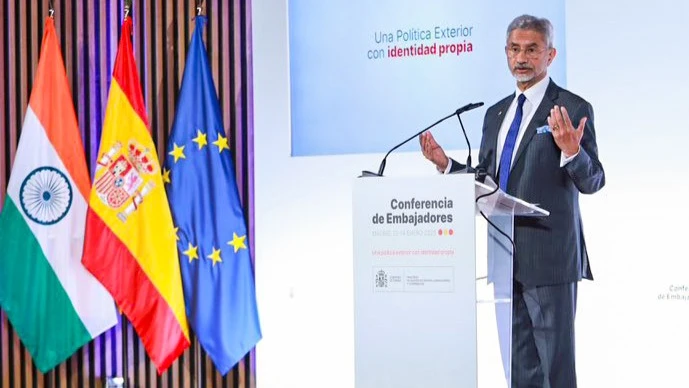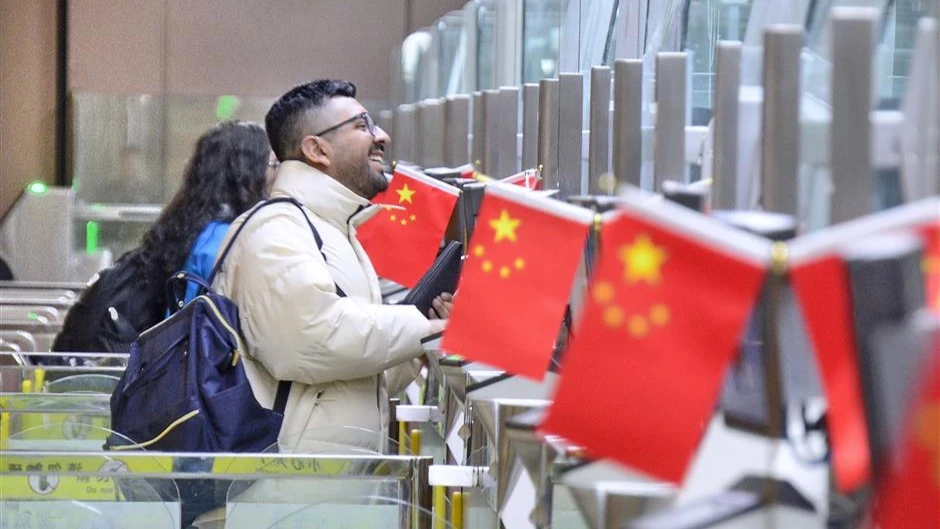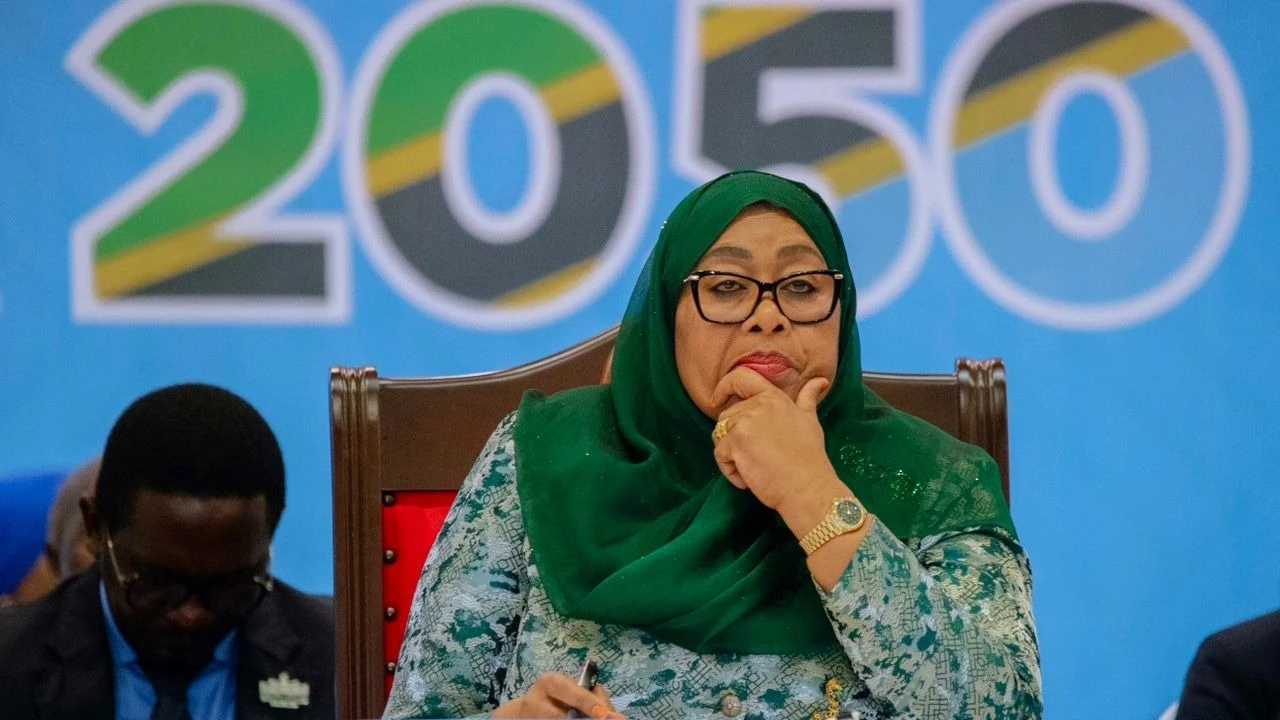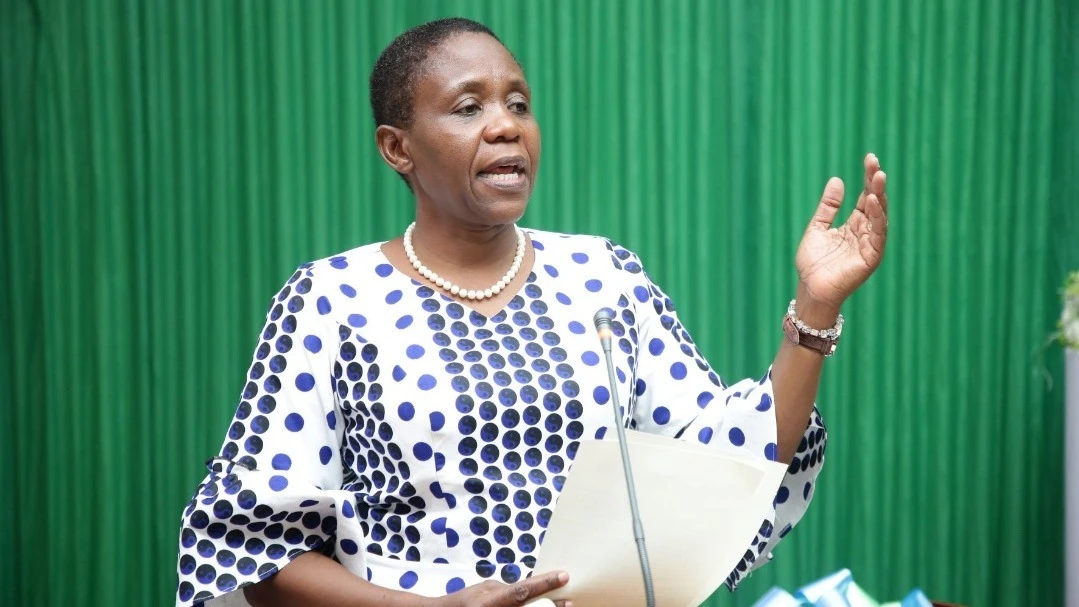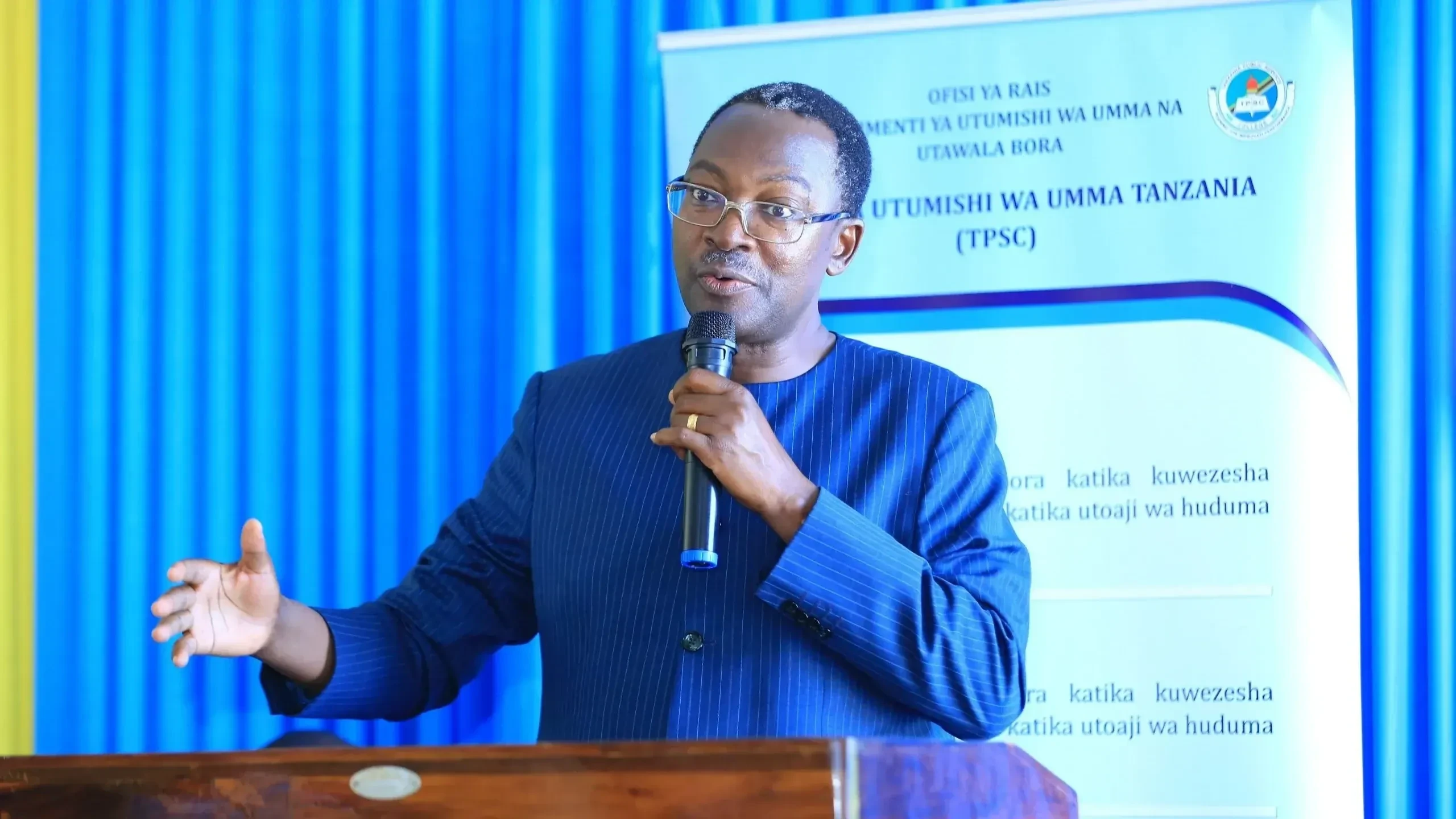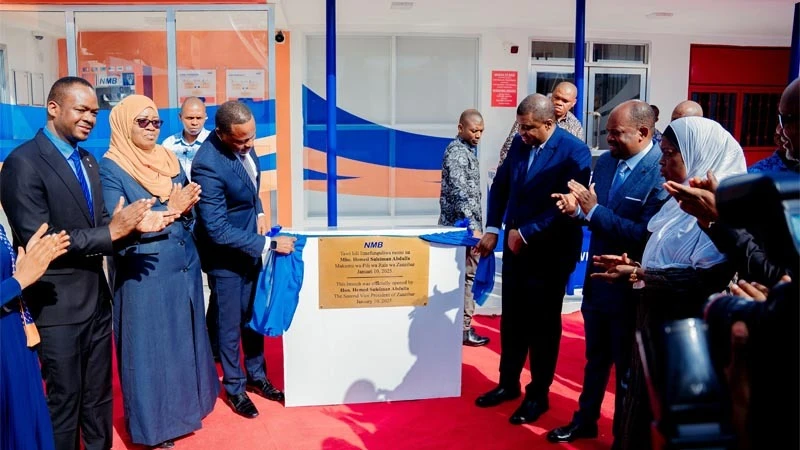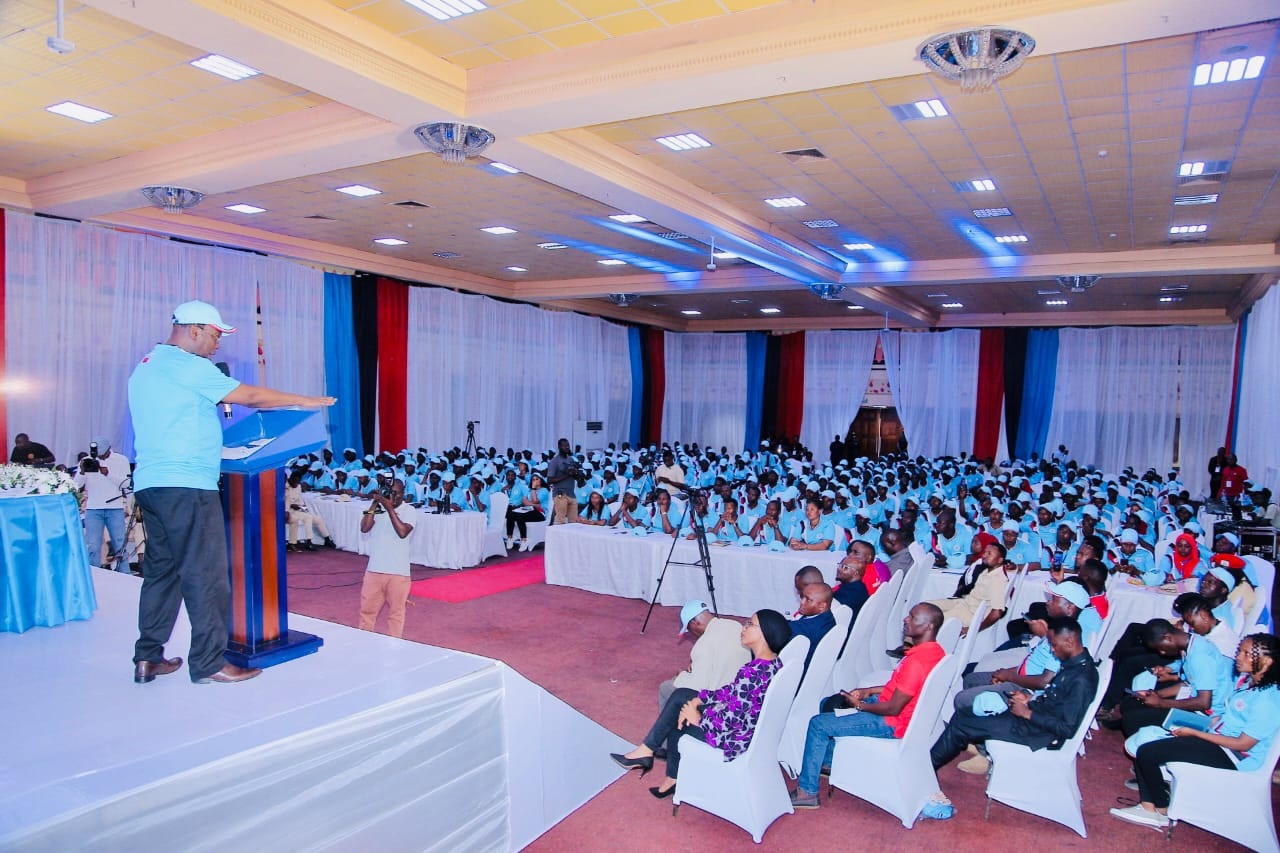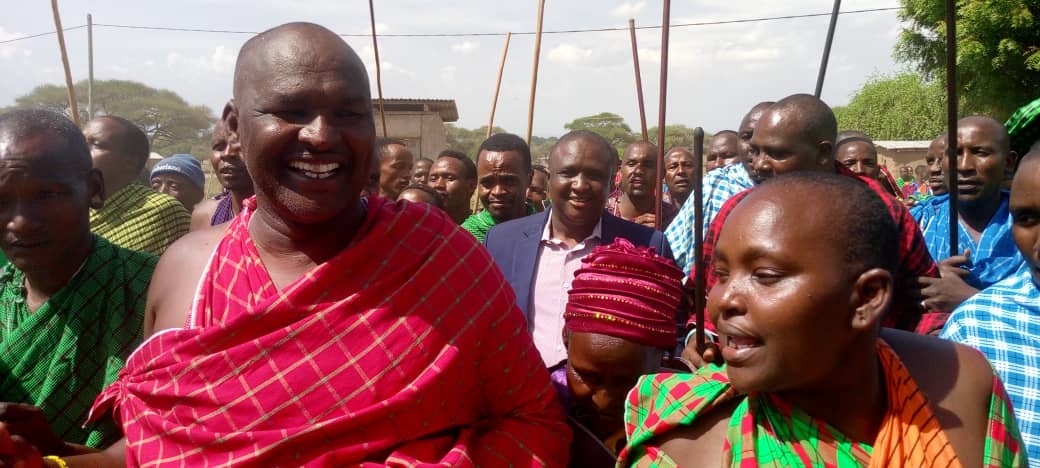Africa urged to engage private sector in developing telecom infrastructure
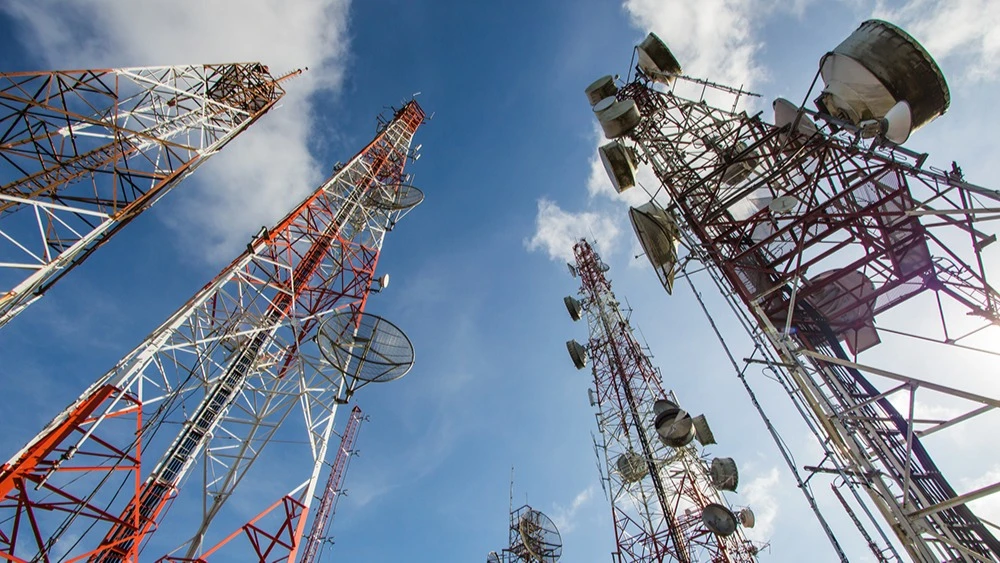
Private telecom operators in Africa have often been reluctant to invest in less profitable areas, pushing some governments to intervene despite facing financial and technological hurdles.
A new report by Ecofin Pro, a platform of the Ecofin agency, suggests that enhanced public-private partnerships (PPPs) can combine resources and expertise to achieve more inclusive and sustainable telecom development.
According to the report, direct public investment in African telecom infrastructure can serve as a strong catalyst for economic development and digital inclusion, especially as private operators show limited enthusiasm.
However, this approach presents significant challenges, including limited state financial resources, rapidly advancing technology, and a lack of technical expertise among government agencies.
Titled "Who Should Invest in Telecom Infrastructure: Public or Private?" the report notes that for the past three decades, African telecom regulators have urged operators to adhere to quality service standards.
Despite repeated warnings, threats, and financial penalties, compliance remains limited.
Telecom companies, while paying imposed fines, often express concerns that such costs disrupt their investment plans, opting instead to focus on more profitable regions.
In response, several governments have taken decisive action, building their own national telecom infrastructure and encouraging operators to connect.
For example, in August 2023, Ghana announced plans to create a shared, neutral national network infrastructure compatible with 4G and 5G, enabling seamless telecom operator connections.
Ghana aims to deploy 3,200 4G sites and 1,200 5G sites across the country over the next three years to enhance both network coverage and service quality. Through this shared infrastructure, Ghana seeks to improve telecom services for its 37 million consumers by 2028, with the goal of increasing the current 4G penetration rate from 15 percent to at least 80 percent.
The report emphasizes the many benefits of government involvement in developing telecom infrastructure. By investing in mobile infrastructure, governments can expand network coverage and improve access to essential services, fostering broader human, social, and economic development.
Public investment also offers direct benefits to states, generating revenue from providing infrastructure to telecom operators and accelerating the growth of the digital economy.
Various sectors stand to gain from state-supported telecom infrastructure.
According to the Global System for Mobile Communications Association (GSMA), digital technologies can boost agricultural yields by 10.5 to 20 percent and increase farmers' profits by 23 percent in Sub-Saharan Africa.
In trade, the introduction of digital infrastructure could lead to a 15 percent increase in GDP and a 7 percent rise in ICT export value.
Small and medium-sized enterprises (SMEs) could see productivity improvements of 2 to 4 percent, while improved internet access would promote digital inclusion, providing equal access to information, knowledge, and economic opportunities.
The International Telecommunication Union (ITU) estimates that a 10 percent increase in mobile broadband penetration could result in a 2.5 percent rise in GDP per capita across Africa.
Enhanced connectivity would also improve efficiency and transparency in public administration.
However, the report highlights several obstacles to public investment in telecom infrastructure across Africa. Many countries have limited financial resources, and telecom infrastructure often competes with pressing priorities such as defense, healthcare, and education.
Governments frequently rely on foreign investments or international loans for major projects, limiting their control over infrastructure development.
Rapid technological advancements also make long-term investments risky, with states fearing that newly-built infrastructure could become obsolete before they recoup their costs.
Furthermore, unclear and unstable telecom policies complicate investment decisions, delaying public initiatives.
Excessive government involvement in telecom infrastructure without independent regulatory oversight raises concerns over control of telecommunications and internet freedom.
Finally, the local skills gap poses a serious threat to the sustainability of government-driven telecom infrastructure projects.
To address these challenges, the report advocates for a collaborative investment framework through increased public-private partnerships. Such partnerships can mobilize the financial and technical resources needed to ensure project success.
Simplified regulations that foster competition among telecom operators, attract foreign investment, and offer tax incentives or subsidies for companies investing in infrastructure are also recommended.
Top Headlines
© 2025 IPPMEDIA.COM. ALL RIGHTS RESERVED











